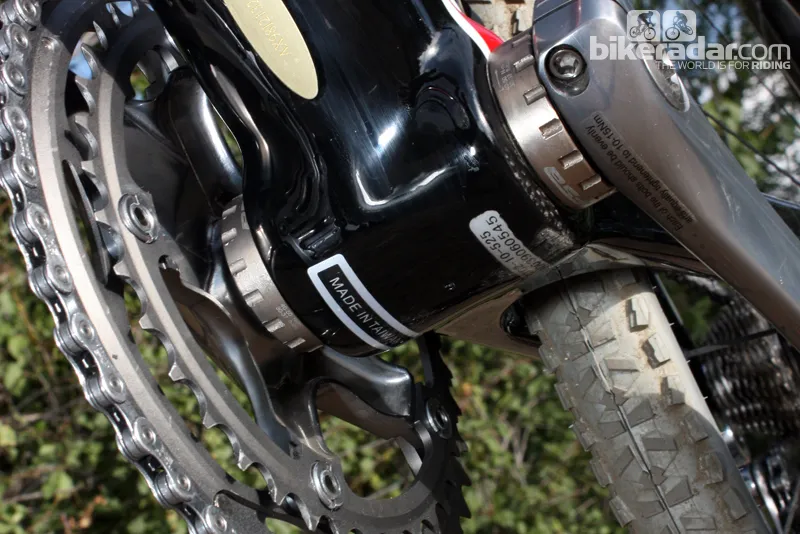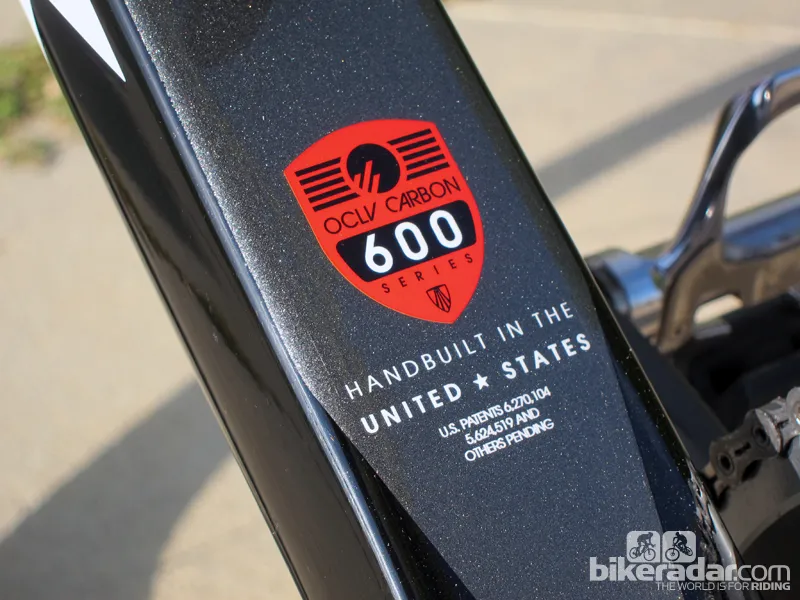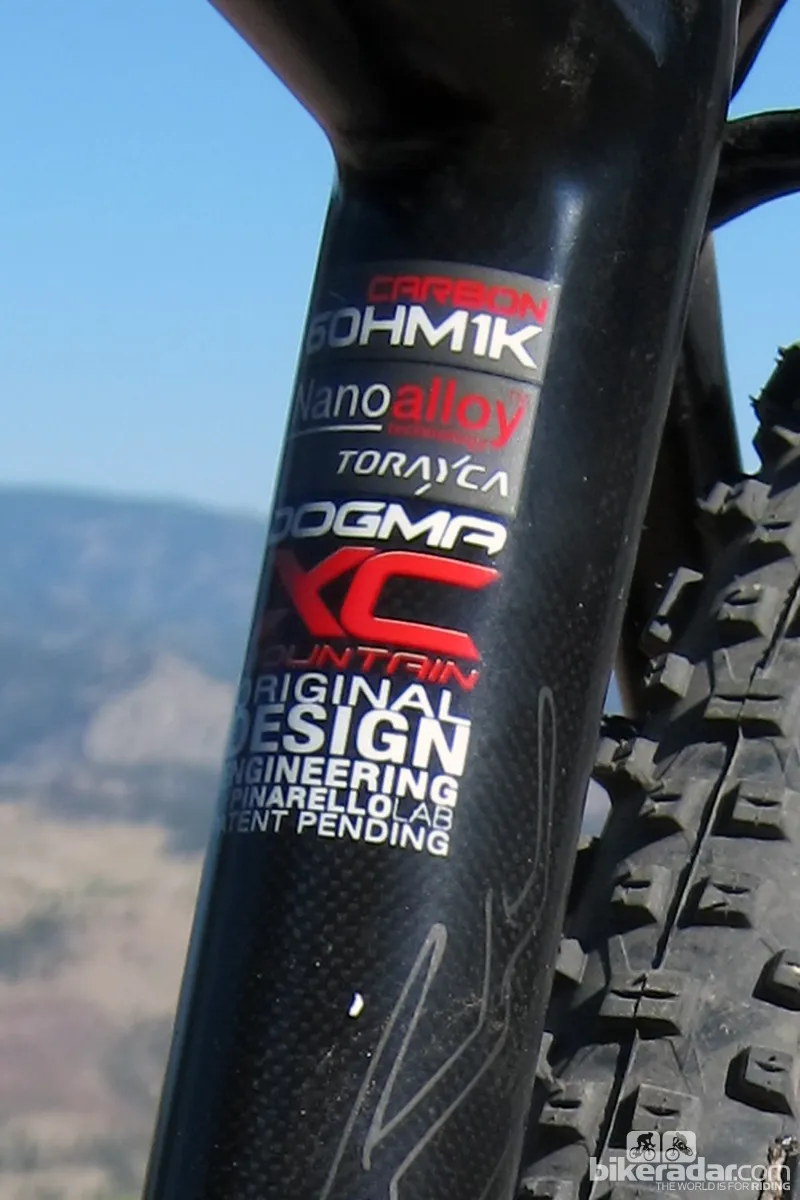No review of a modern, high-end bike would be complete without someone posting a comment to the effect of, "it's just some overpriced, cheaply made frame out of Asia." Truth be told, most bicycle frames these days do come out of China or Taiwan. But should that really matter?
In an increasingly global economy where companies want to save money making things and consumers want to save money buying them, something's got to give. While there can be pride in purchasing something manufactured closer to home, one often has to pay extra for the privilege. So far, history has demonstrated that the masses oftentimes aren't willing to do so.
Speaking strictly in terms of the product itself (deeper topics such as local working conditions and human rights issues are beyond the scope of this column), an item's country of origin ultimately shouldn't matter as much as whether the consumer still ends up with a high-quality item at a fair price. The beauty of most modern arrangements is that it's now possible to have both.

Why is the 'Made in Taiwan' label so often hidden underneath the bike?
Few will argue that it's usually cheaper to base manufacturing operations in Asia and even long-standing US-made holdouts such as Trek and Cannondale are now sourcing most of their production from Asia. But as a result of such a long history of producing things, those Asian factories have also gotten really, really good at it. In many cases, that means those items not only cost less to make but can be of a higher quality, too. Particularly in the case of carbon composite mass manufacturing, no one does it better than Asia.
Having your products made overseas and being upfront about it is one thing; there's no shame in that. However, glossing over that fact and maintaining a false façade is another entirely. In fairness, some outfits have done a good job of injecting their company ethos, culture, design philosophies and ride qualities into third-party factories and the end product, so if they want to continue to champion their roots, so be it.
Other companies, however – often those with very long histories – still like to suggest that their wares are locally artisan-crafted just as they were back in the day. (And don't even get me going on startups peddling open-mold frames under Euro-sounding brand names.) While I will accept that decades of experience in handcrafting bicycles can still somehow transfer to modern overseas mass manufacturing, let's get real here. There are times it just feels like a storied nameplate on a cookie cutter machine, meaning some folks out there are making a lot of money.
Proclamations such as "Designed in _______" or "Assembled in ________" might as well be a synonym for "Not at all made where you think it is!" And I dare say that if some companies are going to be so bold as to ostentatiously slap a country flag or colors on their frames, they should use the right one; although come to think of it, Taiwan's flag also just happens to be red, white and blue, too.

Bikes built in the US, the UK and Europe are proudly labeled in more visible places
So what about going around those middlemen completely and buying factory direct? In theory, it makes a ton of sense to go straight to the source and cut out an entire level in the supply chain. There's certainly a growing legion of savvy consumers doing just that, too, who don't mind setting themselves atop a no-name steed. After all, in this day and age, what's really in a name, right? And yes, you should let your legs do the talking, yada yada yada.
I'll freely admit to having long been intrigued with this idea. I mean really, who doesn't like to save money? And if a no-name frame is coming out of the same factory, it's pretty much the same thing, right? Well, maybe it is and maybe it isn't.
Buying factory-direct is fraught with risk. First off, frames made in the same factory as a well-known brand name but sold factory-direct might be held to the same standards – or they might not be. Those big brand-name companies often base employees on site specifically to ensure that the stated tolerances and guidelines are met. Suffice to say, and as many who are involved in the process will attest, those factories like to save money, too.
The differences lie in accountability and liability. If a frame from a reputable brand fails, there's some recourse, whereas a frame bought factory-direct off of eBay... well, good luck. True, the pricing of some of those factory-direct frames can sometimes be outrageously inexpensive. However, I'm not so concerned about saving money or warranty claims as I am keeping my teeth intact. After all, someone like Trek or Specialized has a reputation to uphold and high-profile product failures don't exactly paint a pretty picture, especially in the modern era of social media.
So what is one to do? If you insist on buying local, you can always go with an independent builder, but know you'll pay a premium. If you're in the US, Trek still builds 30 out of its 105 road models domestically (but only two of its 102 mountain bike SKUs).
Otherwise, people should move past the old stereotype that all Asian-made stuff is junk. Chances are, that gorgeous carbon frame with the fancy Euro label that you just spent gobs of money on was probably made by an experienced builder — in Asia.
